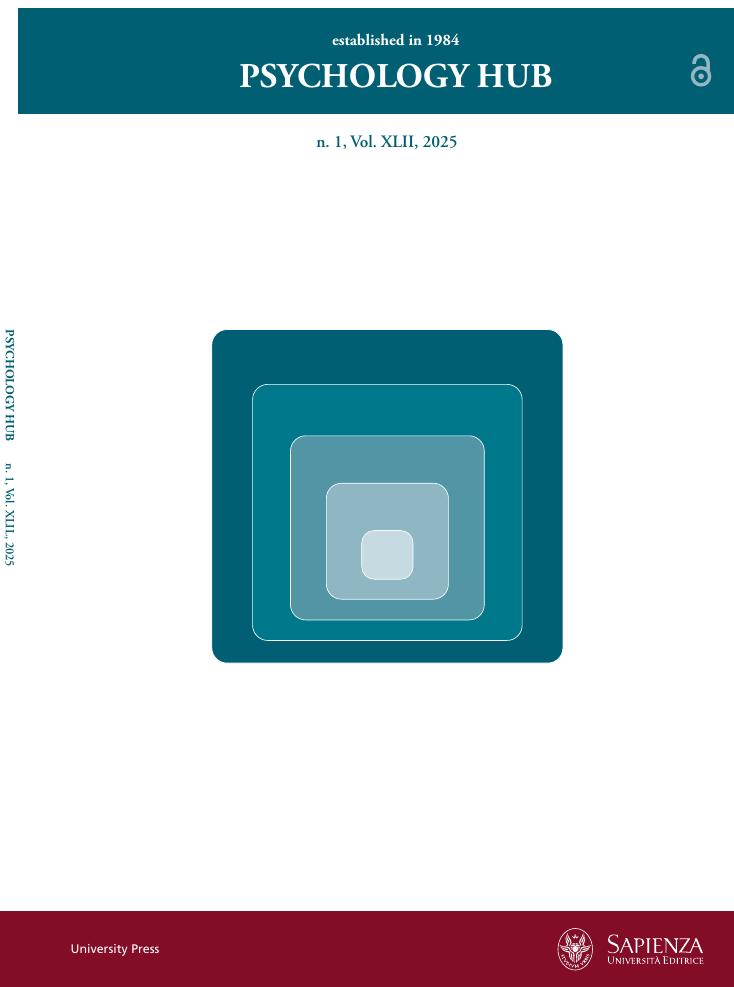Self-disgust and Self-forgiveness: The Mediating Roles of Trait and State Guilt, Internal and External Shame, Empathic Concern, and Personal Distress
DOI:
https://doi.org/10.13133/2724-2943/18264Keywords:
self-forgiveness, self-disgust, internal. shame, external shame, empathic concern, personal distressAbstract
Self-disgust and self-forgiveness would superficially appear to correlate negatively, but their empirical relationship has not yet been closely analyzed. Here, two studies of undergraduate students are reported that explore this relationship through a new model combining the emotional determinants of self-forgiveness and a biopsychosocial approach to shame. Study 1 (N = 290) investigates whether this relationship is mediated by internal and external shame, empathic concern, or personal distress. In Study 2 (N = 278), trait and state guilt are added to the first model of self-forgiveness. Structural equation modeling reveals that self-disgust and self-forgiveness are related to one another, but their association is mediated by external and internal shame and personal distress. Internal shame is also found to mediate the relationship between self-disgust and self-forgiveness alone, while trait and state guilt do not mediate this relationship. A new model is presented with these new findings, and implications are discussed.
Additional Files
Published
How to Cite
Issue
Section
License
Copyright (c) 2025 Psychology Hub

This work is licensed under a Creative Commons Attribution-NonCommercial-ShareAlike 4.0 International License.





